In the history of Apple, there have been a number of successful products that have contributed significantly to the company's income. One of these products was the iPod - in today's article in the Apple History series, we will recall how this music player contributed to Apple's record earnings.
It could be interest you

In the first half of December 2005, Apple announced that it had recorded record high revenues during the relevant quarter. The unequivocal hits of the then pre-Christmas season were the iPod and the latest iBook, to which Apple owed a fourfold increase in its profits. In this context, the company boasted that it managed to sell a total of ten million iPods, and that consumers are showing an unprecedentedly high interest in the latest music player from Apple. Nowadays, Apple's high earnings are of course not surprising. At the time when iPod sales earned the aforementioned record profits, however, the company was still in the process of returning to the top, recovering from the crisis it went through in the late XNUMXs, and with a bit of exaggeration it could be said that it was still she fought with all her might for every customer and shareholder.
In January 2005, even the last Apple skeptic probably took a breather. Financial results revealed that the Cupertino-based company posted $3,49 billion in revenue for the past quarter, which was a 75% increase over the same quarter a year earlier. Net income for the quarter soared to $295 million, compared to "just" $2004 million in the same quarter in 63.
Today, the phenomenal success of the iPod is considered a key factor in Apple's meteoric rise at the time. The player became one of the cultural icons of the time, and although interest in the iPod on the part of users has died down over time, its importance cannot be denied. In addition to the iPod, the iTunes service was also experiencing increasing success, and there was also an increasing expansion of Apple's brick-and-mortar retail stores - one of the first branches was also opened outside the United States at the time. Computers also did well – both ordinary users and experts were enthusiastic about innovative products such as the iBook G4 or the powerful iMac G5. In the end, the year 2005 went down in history primarily because of how it masterfully dealt with a relatively rich range of new products and guaranteed almost every one of them a clear sales success.
It could be interest you
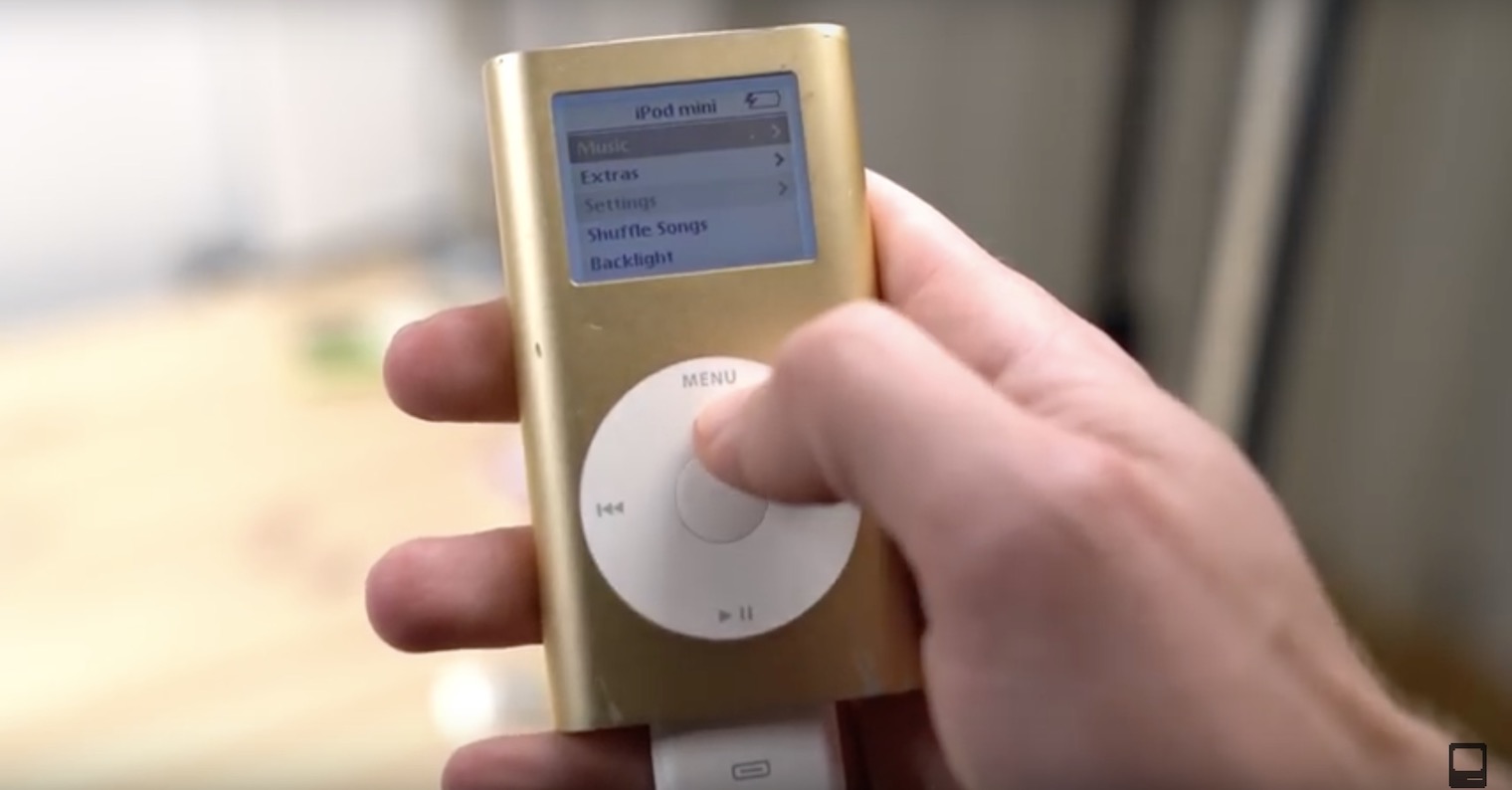


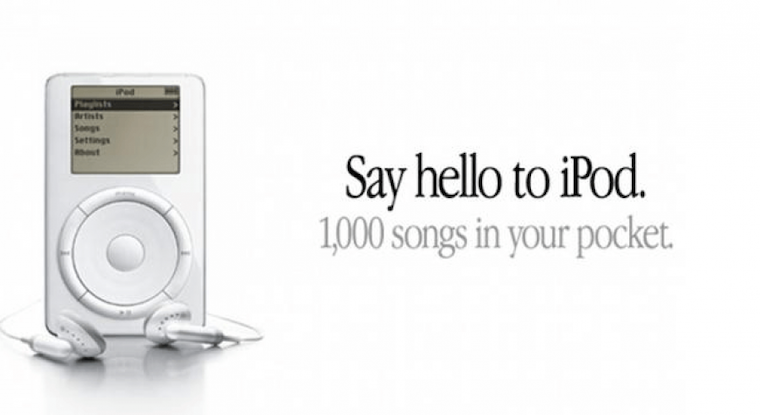
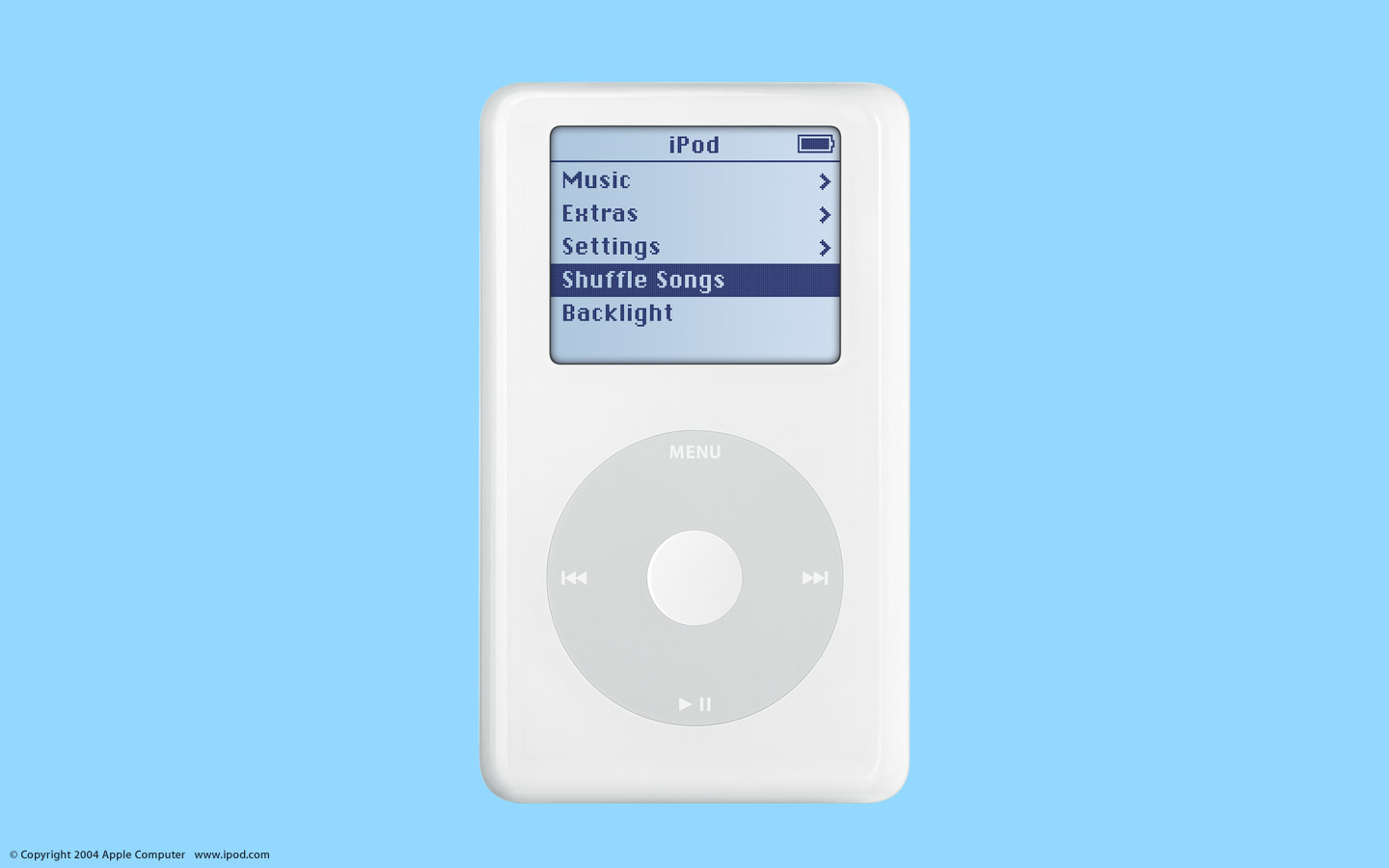
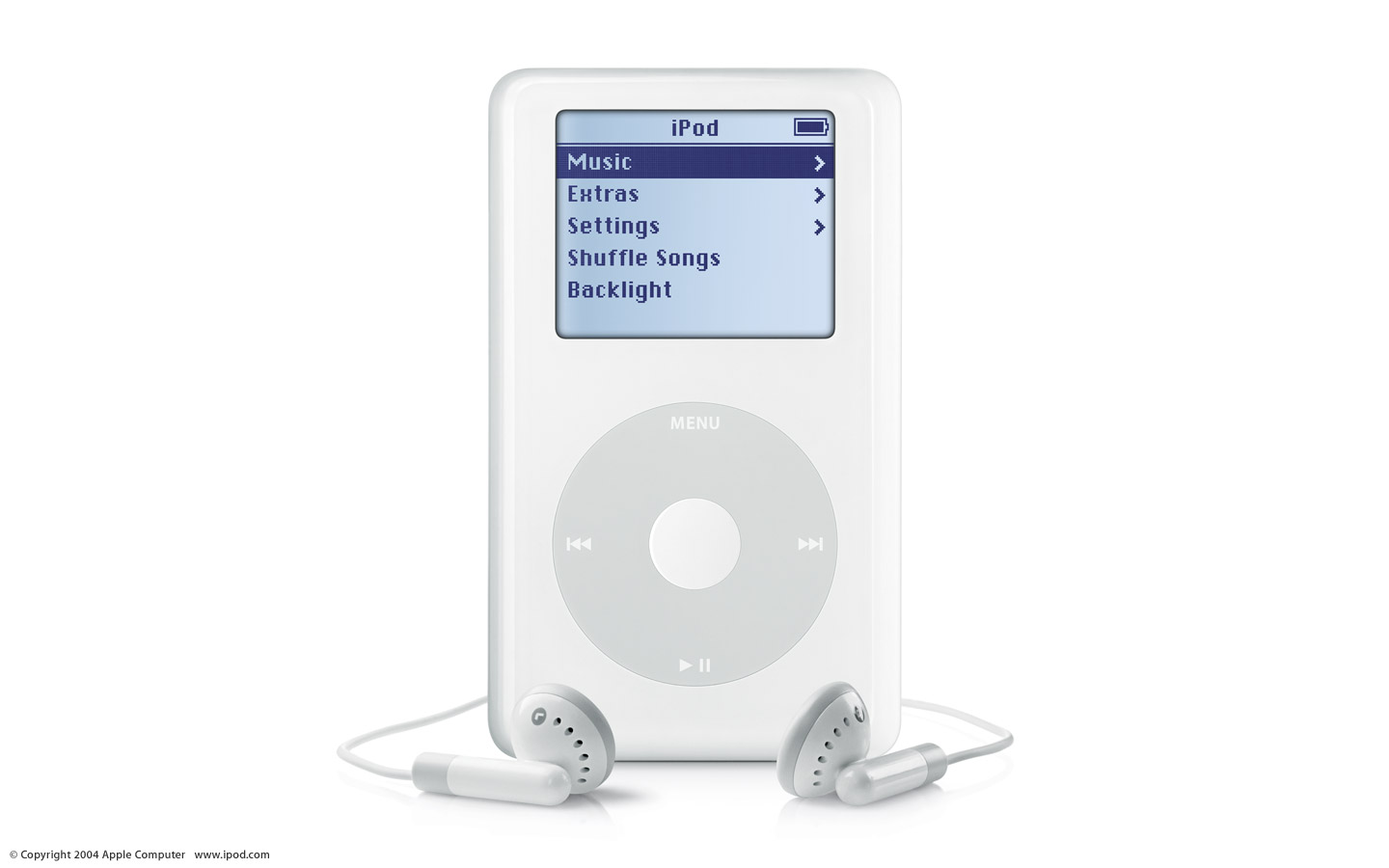
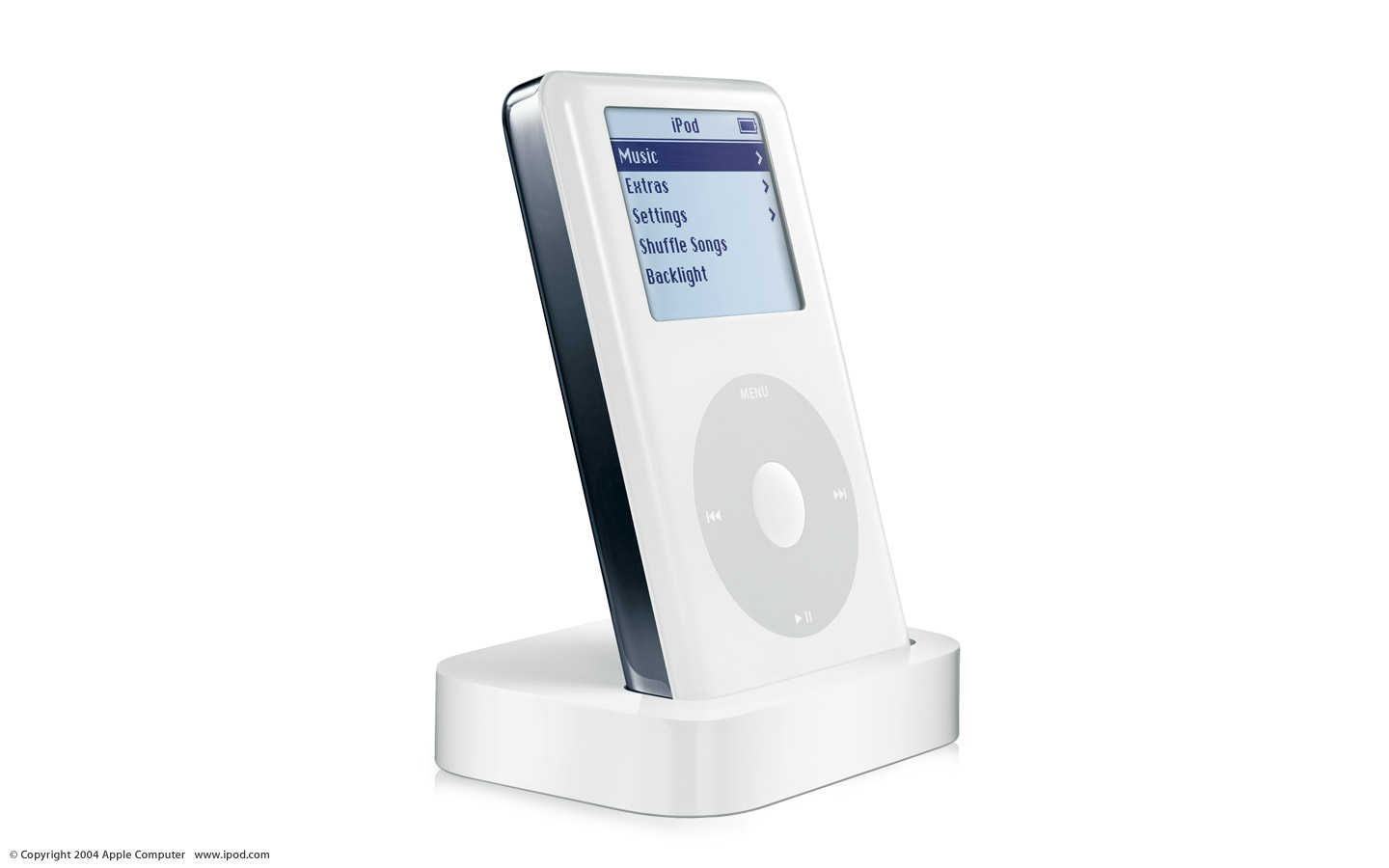
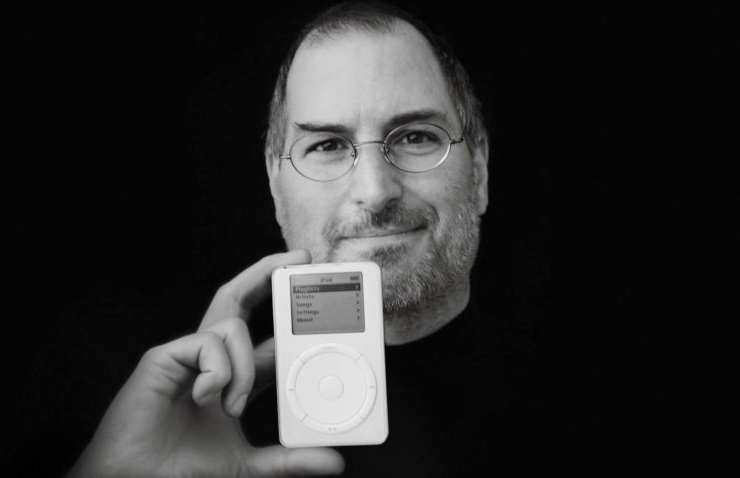
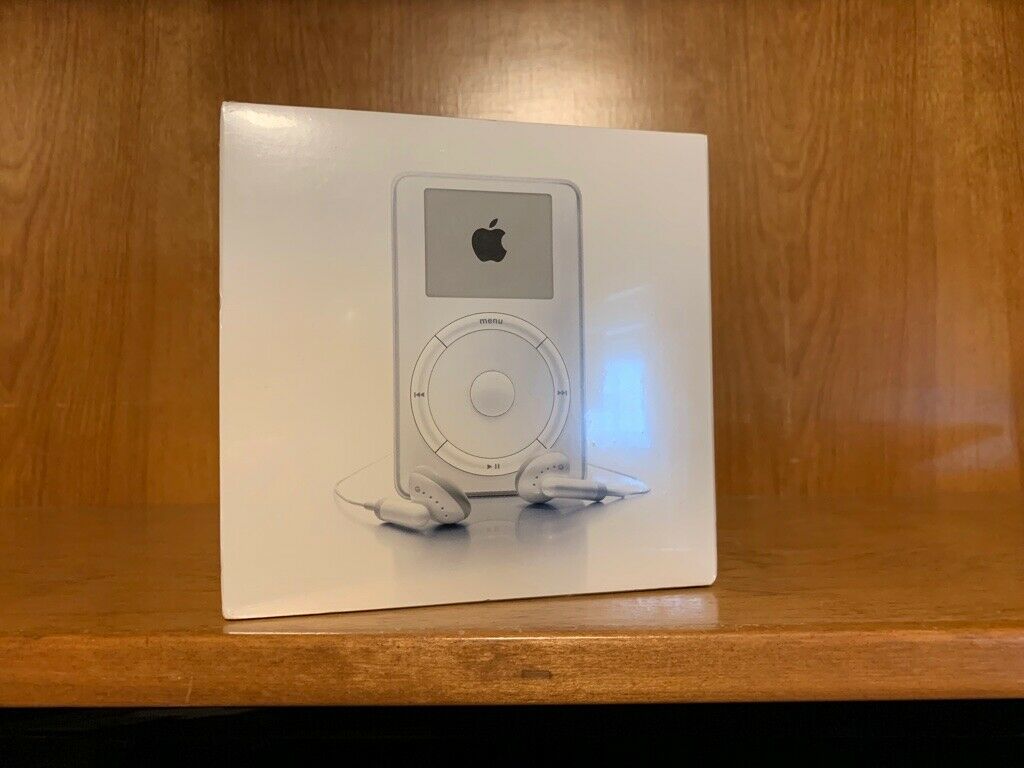



Good evening, isn't the year (2015) wrong?
2015? Or 2005? That's a question :D
Sorry for the typo, it didn't occur to me when I checked. We have corrected the article.